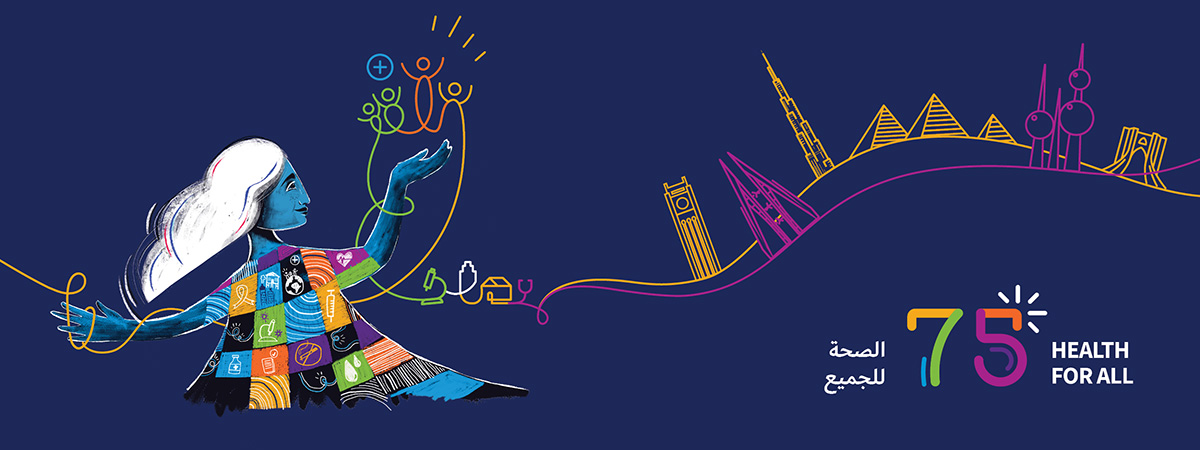World Health Day 2023: 75 years of improving public health

Key achievements, challenges and initiatives
The development of new medicines and vaccines has helped to protect us, our families and communities from diseases like tuberculosis, cholera, leprosy, malaria, hepatitis and many childhood diseases.
Universal health coverage means that people can access a full range of good quality health services when and where they need them without facing financial hardship because of the cost of paying for their health care.
There are some diseases that younger people have never heard of because they have been eradicated, such as smallpox. Smallpox was one of the most devastating diseases known to humanity and it caused millions of deaths before it was eradicated in 1980. Its eradication is among the most notable and profound public health successes in history.
In the early 20th century, polio, which is incurable, paralysed hundreds of thousands of children every year but with the introduction of a vaccine polio has been brought under control and most parts of the world are now polio-free. The world is close to eradicating polio.
In 2015, all the countries in the United Nations adopted the 2030 Agenda for Sustainable Development, which sets out 17 Goals. The 17 Sustainable Development Goals (SDGs) aim to transform our world. They are a call to action to end poverty and inequality, protect the planet, and ensure that all people enjoy health, justice and prosperity, so that no one is left behind.
“Health for All by All” means that all people have good health for a fulfilling life in a peaceful, prosperous, and sustainable world.
COVID-19 and other health emergencies, overlapping humanitarian and climate crises, economic constraints, and war, have made every country's journey to #HealthForAll more urgent.


